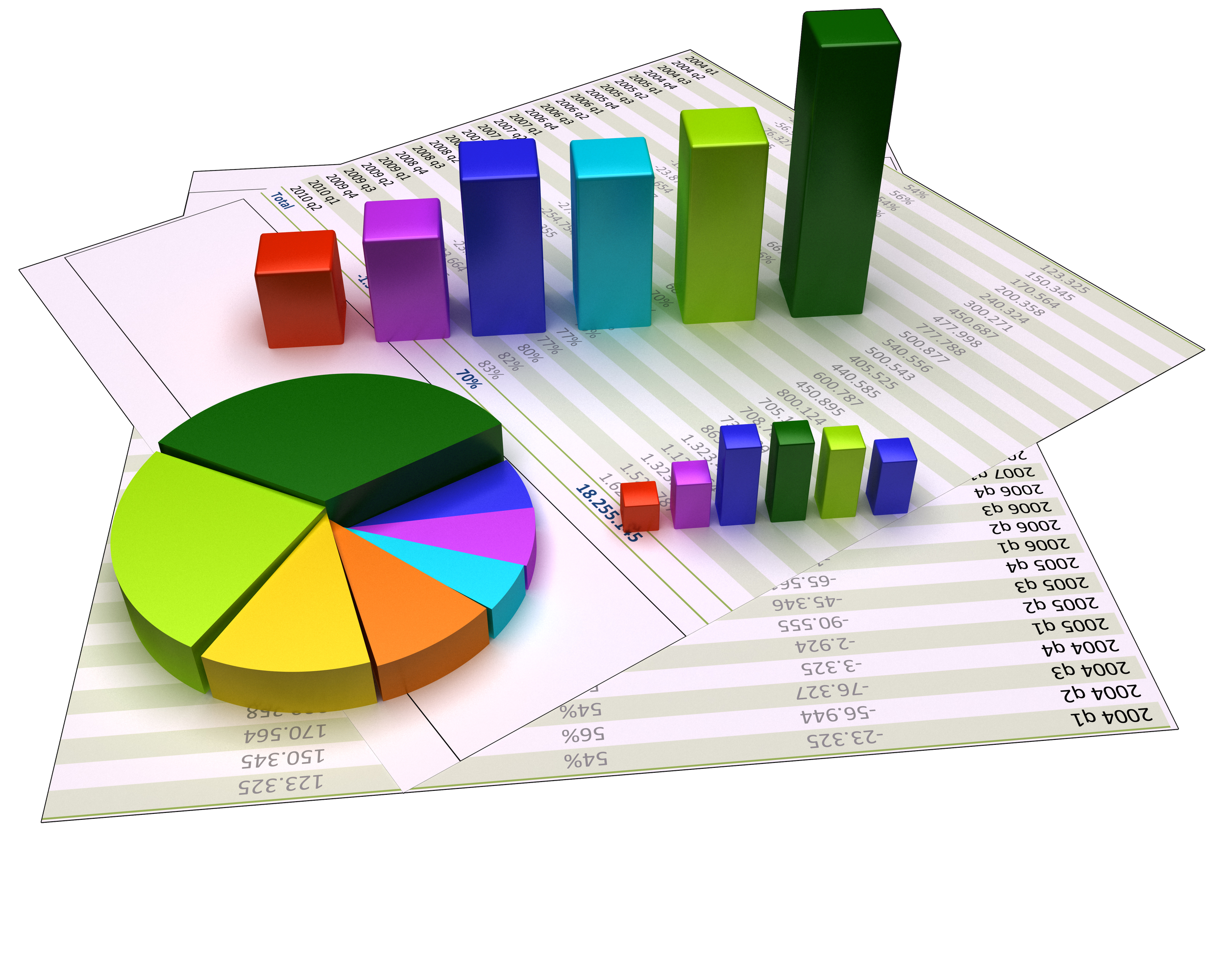Concept 24: Macroeconomic Goals
Overview: GDP? Inflation? Unemployment? You've heard about them on the news, get insight into why they matter here.
Learn
Beginner

Macroeconomics refers to the study of an economy - usually a nation’s economy - as a whole. In Concept 10: Economic and Social Goals, we discussed that nations have economic goals, like equity and efficiency. In macroeconomics three of these goals receive extra focus: economic growth, price stability and full employment.
Economic growth refers to a nation’s ability to produce more goods and services over time. It is generally measured through some version of gross domestic product, which you will learn about in Concept 25.
Price stability refers to minimizing changes in a nation’s prices over time. This is generally measured with a price index, which you will learn about in Concept 26.
Full employment refers to the degree to which all willing and able workers can find jobs. This is generally measured through the unemployment rate, which you will learn about in Concept 27.
Intermediate

Macroeconomic goals are important because they provide critical information to policy makers. Think of these goals the way a doctor thinks about measurements like weight, blood pressure, reflexes, etc. When a doctor has this kind of information about your health, they know whether you are “healthy” or not, and they can make informed decisions about treatment methods, prescriptions, and so on. Similarly, policy makers like governments and central banks use macroeconomic goals and measures to inform their decisions.
Advanced

Accurately measuring and reporting economic performance is a herculean task. One way you can tell the United States is concerned about these goals is the government resources they dedicate to measuring progress. Economic growth is measured by several agencies, but the most cited numbers come from the Bureau of Economic Analysis. The Bureau of Labor Statistics handles price measures and employment statistics. The Federal Reserve Bank also dedicates extensive resources to measuring the economy, and some branches, like the St. Louis Branch even maintains software called FRED that allows anyone to access and visually display macroeconomic data.
Click a reading level below or scroll down to practice this concept.
Practice
Assess
Below are five questions about this concept. Choose the one best answer for each question and be sure to read the feedback given. Click “next question” to move on when ready.
Social Studies 2024
Describe key economic outcomes and how they are measured including economic growth using Gross Domestic Product (GDP) and real GDP; price stability using the Consumer Price Index (CPI); and full employment using the unemployment rate.














